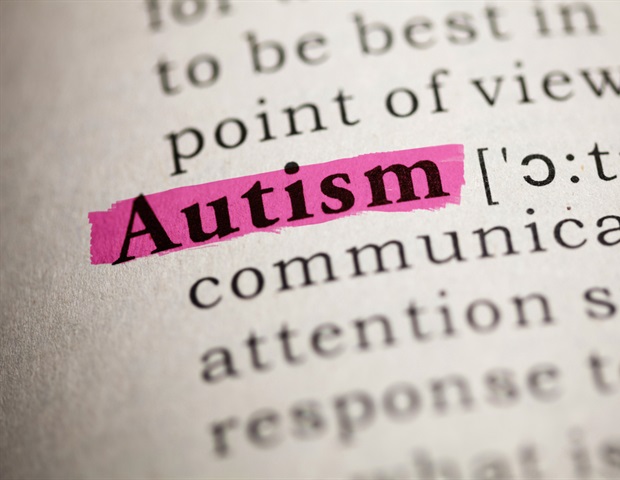Autism, also known as Autism Spectrum Disorder (ASD), is one of the most common developmental disorders and is increasingly diagnosed worldwide. According to the World Health Organization, an estimated one in 100 children has autism. In the U.S., those numbers are much higher, with an estimated one in 36 children being diagnosed with autism, according to the Centers for Disease Control and Prevention. Research into the causes of autism, specifically whether there is link between preterm birth and autism, is controversial. Some studies suggest there is a link between delivering an infant preterm and a child developing autism while other research has found no connection between the two.
In a new study to be presented today at the Society for Maternal-Fetal Medicine’s (SMFM) annual meeting, The Pregnancy Meeting™, researchers will unveil findings suggesting there is no significant association between preterm birth and autism.
Researchers analyzed nearly 115,000 deliveries over 12 years from 2005-2017 using records from hospital and community clinics in Israel. Data encompassed a wide diversity of pregnant people that included Jewish and Muslim people as well as Bedouins, a minority group within the Muslim community who lead a nomadic or semi-nomadic life.
The study looked at the diagnosis of autism in children based on when infants were delivered: extremely preterm, very preterm, moderate to late preterm, or term.
Of the 114,975 pregnancies analyzed, 0.3 percent of newborns were delivered extremely preterm, or before 28 weeks; 0.6 percent were delivered very preterm, or between 28 to just under 32 weeks; 6 percent were delivered moderate to late preterm, or between 32 to just under 37 weeks; and the remaining 93.1 percent were delivered at term, or between 37 weeks to 42 weeks. In the initial analysis, researchers found significant association between preterm delivery and the occurrence of autism (1.6% percent vs. 0.3 percent vs. 0.8 percent vs. 0.7 percent for extremely preterm, very preterm, moderate to late preterm, and term deliveries, respectively).
Nevertheless, after advanced analysis adjusting for factors that could potentially be associated with autism, such as ethnicity, small for gestational age, maternal age, and the infant’s gender, researchers found no significant association between preterm delivery and autism.
The exact cause of autism is complex. But based on our data, a single obstetric factor is unlikely to be the cause of ASD. A more plausible theory involves the simultaneous presence of multiple factors.”
Sapir Ellouk, MD, MPH, study’s lead author, obstetrics and gynecology resident at Soroka Medical Center’s Saban Maternity and Birthing Center in Beer-Sheva, HaDarom, Israel
The abstract was published in the January 2024 supplement of the American Journal of Obstetrics and Gynecology.
Source:
Journal reference:
ELLOUK, S., et al. (2024). 23 Investigating the Association between Preterm Delivery and Autism Spectrum Disorder in Childhood. American Journal of Obstetrics and Gynecology. doi.org/10.1016/j.ajog.2023.11.039.
